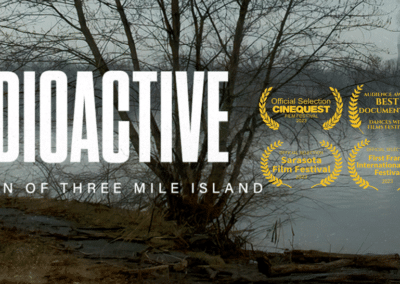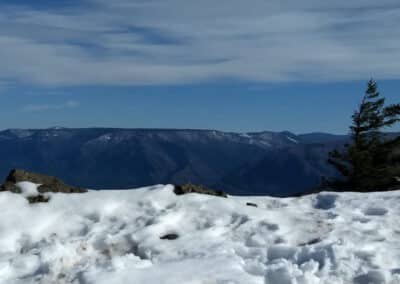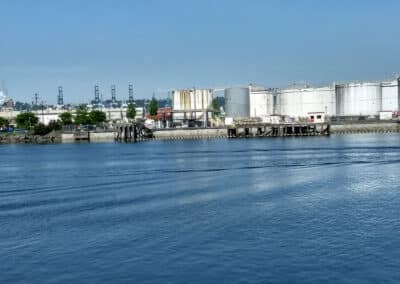Puget Sound Nutrient Problem: Chapter 2
In Which Washington Ecology Issues Illegal Discharge Permits Year After Year
by Nina Bell • February 8, 2020
This is Chapter 2 in the continuing saga on how the Washington Department of Ecology sits on its hands while Puget Sound dies. Given Ecology’s recent blog post asserting that it’s actually doing something—which I’ll address in Chapter 5—it’s essential to reveal and speak truth to power, as the old saying goes.
You don’t have to know too much about the federal Clean Water Act to know that it is supposed to give us—the public—clean water. One of the mechanisms to achieve that end is the requirement that cities and industries that discharge pollution to public waters through a pipe are required to have a discharge permit. And the most fundamental concept about these permits is that they may not allow a discharge that “causes or contributes” to a violation of water quality standards.
Simply put, Ecology is prohibited by law from issuing permits that allow cities to discharge nitrogen pollution to Puget Sound when, as it is now, the nitrogen levels are already causing violations of water quality standards. These standards set the minimum level of water quality that’s acceptable, whether it’s the level of dissolved oxygen needed to support Dungeness crabs and Chinook salmon, prohibiting human-generated algae floating on the waters’ surface, or limiting the amount of dioxin in order to protect people and orcas.
Following the law is not one of Ecology’s strong points, to put it mildly. Because, if you see it from the agency’s viewpoint, following the law means telling cities and industries to install pollution controls. Pollution controls are expensive and therefore unpopular. And Ecology doesn’t want the political hassle that comes with being unpopular. As a result, Ecology has just continued to issue discharge permits without any limits on nitrogen pollution since, well actually, since it started issuing the permits.
There is literally only one permit—out of 107 permits for sewage treatment plants that discharge to Puget Sound—that requires the removal of nitrogen pollution and that’s for the LOTT facility (Lacey, Olympia, Tumwater, and Thurston County) that discharges to Budd Inlet.
In 2016, we began writing comments on Ecology’s draft permits saying that they were illegal because they contained no limits on nitrogen discharges. Each time, Ecology told us that nitrogen controls were not necessary. (Now, even though it’s changed its mind, it’s still issuing permits without nitrogen limits.)
We turned around and filed a 100-page petition with the U.S. EPA asking that the federal government take over the job of issuing discharge permits in Washington State since the state cannot manage to follow the Clean Water Act. We’re coming up on three years and EPA still hasn’t given us an answer. I’m sure that you’re shocked, just shocked.
Stay tuned for Chapter 3, In Which Washington Ecology Refuses to Develop the Required Clean-Up Plan



